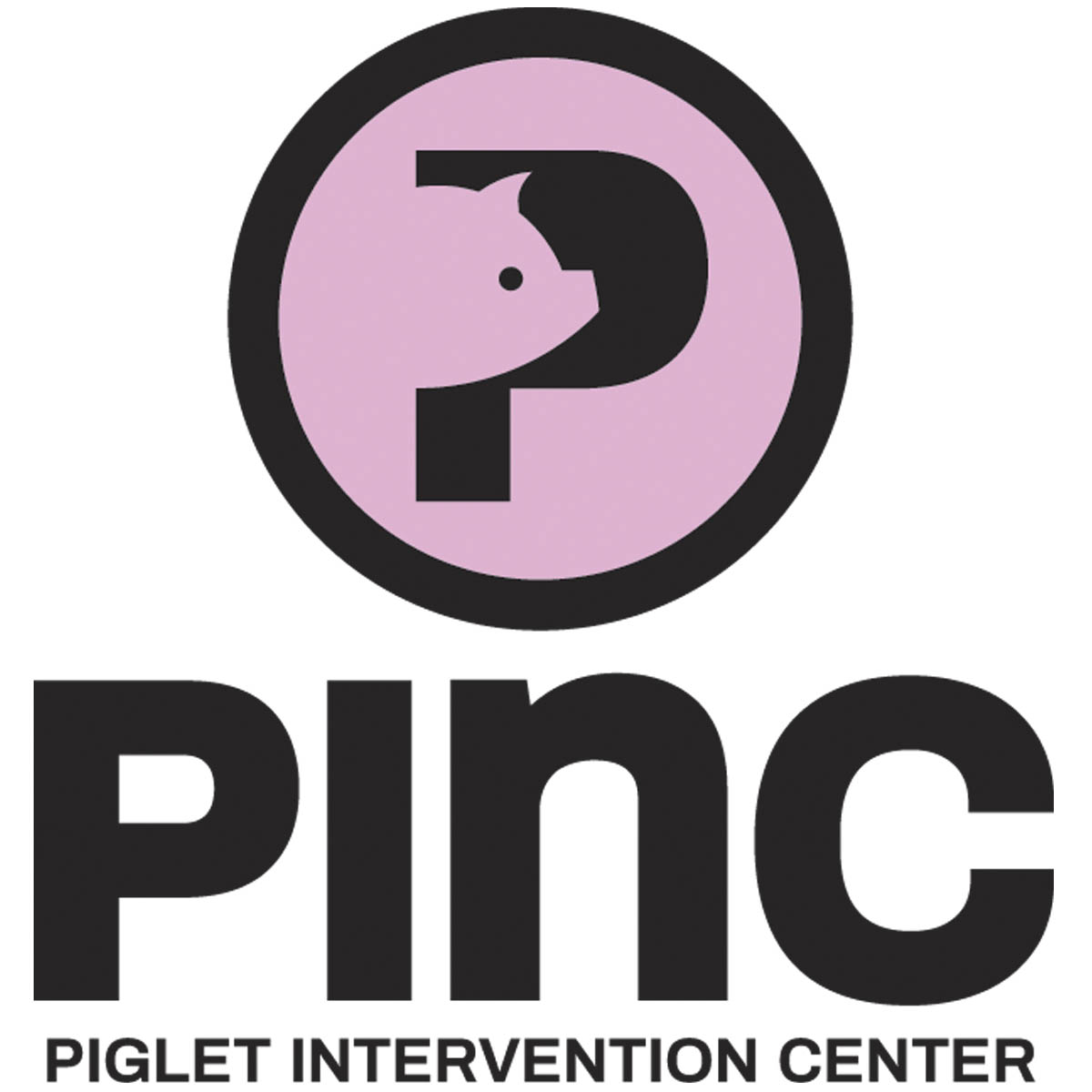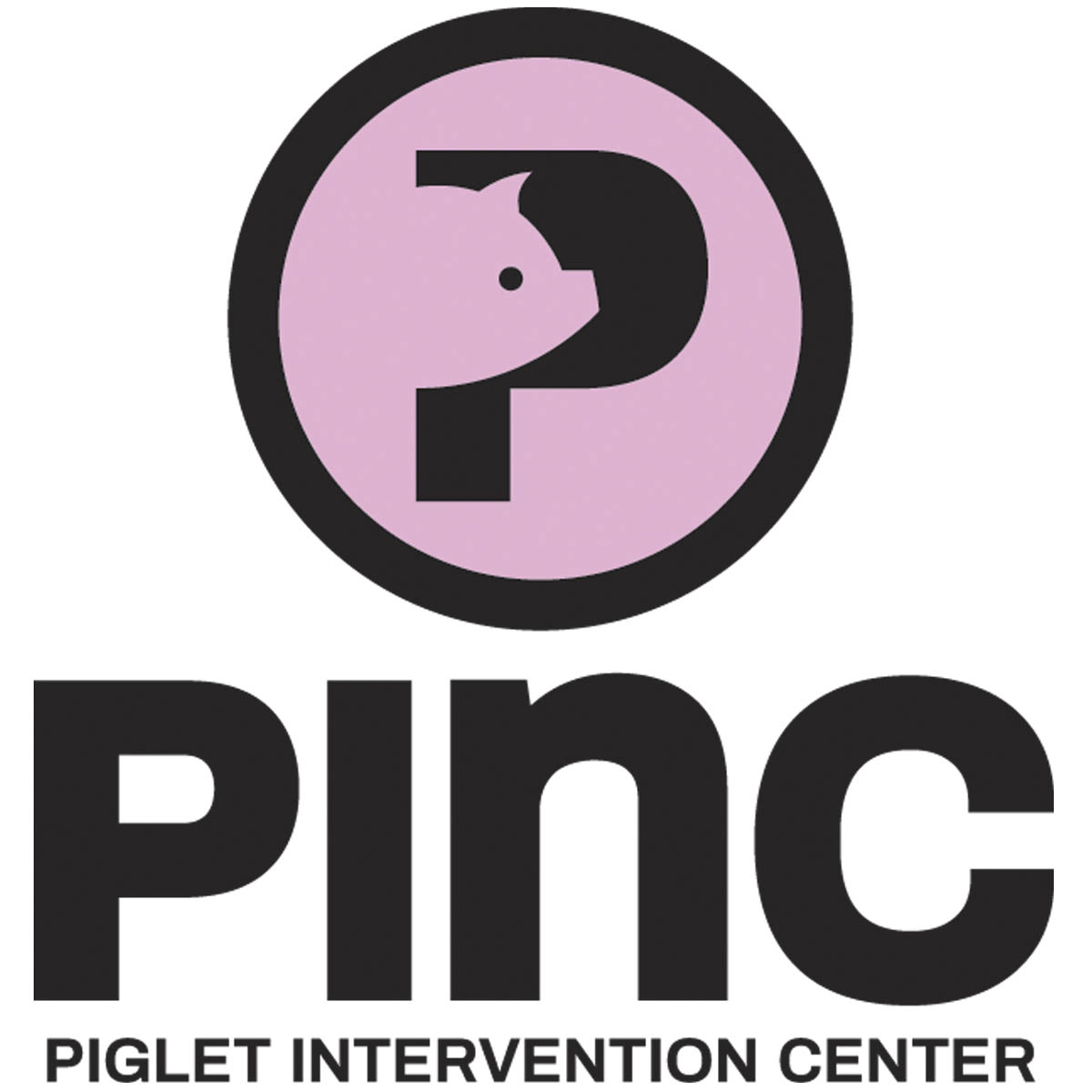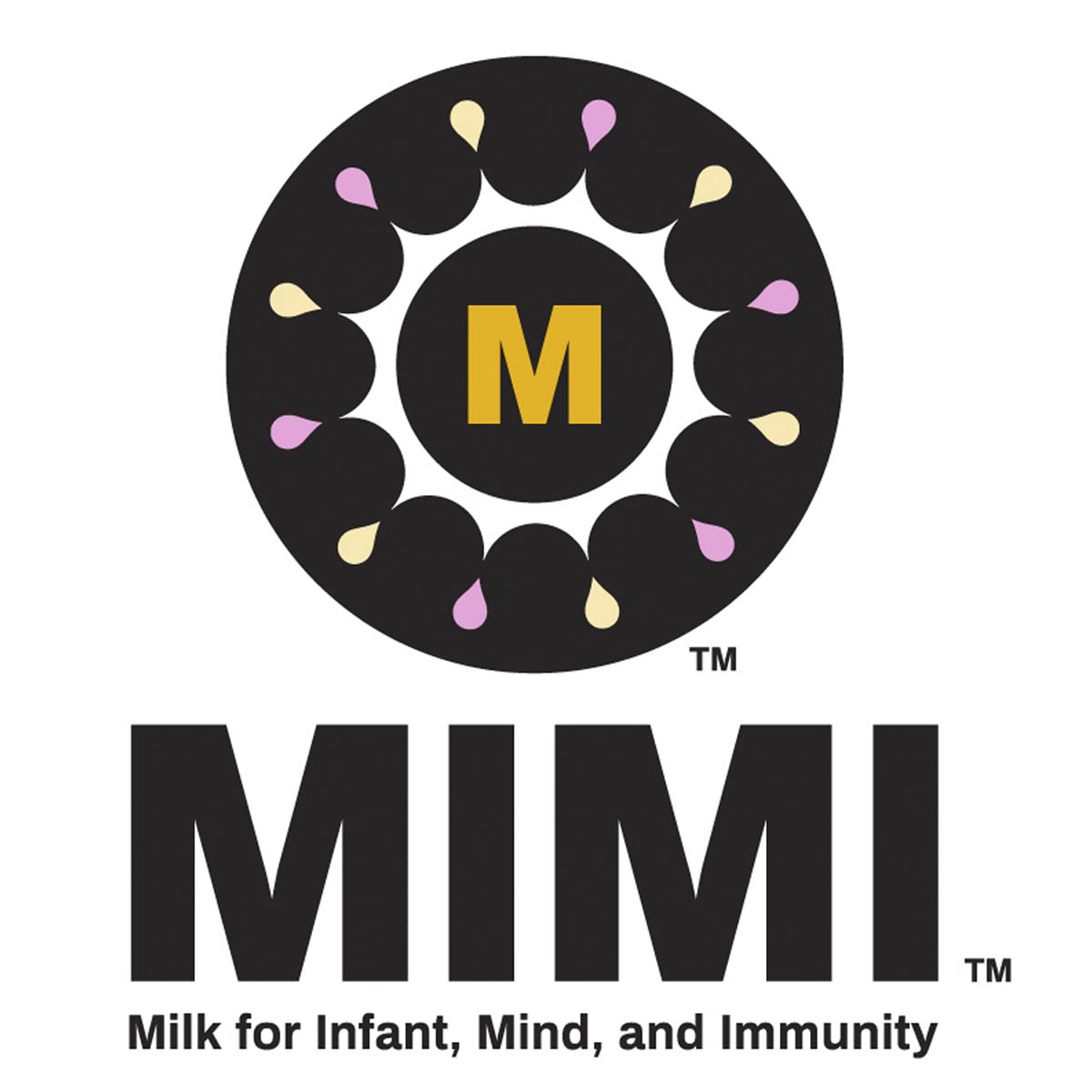Milk for Infant, Mind and Immunity Laboratory
The Milk for Infant, Mind and Immunity (MIMI) laboratory works to improve the health and wellness of preterm infants and their lactating mothers. Our work focuses on discovering the impact of maternal mental health and nutritional status on human milk components and the subsequent influence on infant health and developmental outcomes. We take a comprehensive approach, utilizing cellular and molecular models, neonatal piglet model and human mother-preterm infant dyad intervention trials. We also use large national datasets to explore relationships between maternal mental health and different nutritional and demographic variables.
Research
- Intestinal epithelial cells (Caco2BBe and HIEC-6) to explore anti-inflammatory and anti-cytotoxic effects of human milk digestion-resistant proteins and digestion-released peptides
- Bacterial cultures to explore anti-microbial activities of human milk digestion-released peptides
- Enteroids to determine specific anti-inflammatory and anti-cytotoxic mechanisms of human milk digestion-resistant proteins and digestion-released peptides with the use of transcriptomics, qPCR and Western blot
- Enteroids to determine effects of human milk digestion-resistant proteins and digestion-released peptides on tight junction proteins
- Funded by:
- University of Idaho Institute for Modeling Collaboration and Innovation (IMCI) Internal Grant
- National Institute of Health; NICHD (1R01HD097367-01A1) – Co-investigator (PI: Dr. Dave Dallas at Oregon State University)
The Piglet Intervention Center (PInC™) is a facility on the U of I Moscow campus dedicated to using neonatal piglets as a model to study impacts of nutrition interventions on the gastrointestinal (GI) tract, microbiome, immune system and neurocognitive development of neonatal mammals. There are many correlational studies examining the beneficial effects of human milk, pasteurized donor milk and infant formula on these systems. However, direct mechanistic investigations are often not possible since taking intestinal and brain samples from humans cannot be ethically justified. Similarities in the intestinal physiology, immunity and brain function between humans and pigs make the piglet a superior model among non-primate animal models to study the effects of nutrition interventions on these systems — particularly in early life.
- Individual rearing cages
- Novel Objective Recognition arena to assess neurocognitive development
- Ussing chambers to determine intestinal barrier function and nutrient absorption
- Combined molecular and 'omics techniques to study specific mechanisms involved in intestinal growth and development, barrier function, immune function/development and neurodevelopment
- Funded by:
- American Society for Parenteral and Enteral Nutrition Rhoads Research Foundation
- University of Idaho INBRE and WWAMI
We collaborate with the neonatal intensive care units (NICU) in Oregon Health and Science University and Kootenai Health to study:
- Maternal stress in mothers of preterm infants and its association with HM proteins/peptides
- Feasibility study on a modified eight-week mindfulness-based intervention to reduce stress and increase self-compassion in mothers of preterm infants
- Association between reduced stress and increased self-compassion on HM proteins/peptides in mothers of preterm infants
- Explore the impact of different human milk immune protein/peptide profiles on the recipient preterm infant utilizing transcriptome and metabolome
- Effects of preterm infant digestion on various feeding types and the subsequent impact on intestinal and immune cells
- Examine the effects of vitamin D status on depression scores using NHANES data
- Funded by:
- Mountain West IDeA Clinical and Translational Research — Infrastructure Network (CTR-IN) through NIH National Institute of General Medical Sciences (NIGMS)
Share URL: uidaho.edu/milk-infant-mind-immunity
Yimin Chen
Assistant Professor — Research
The Piglet Intervention Center (PInC) is dedicated to using neonatal piglets as a model to study impacts of nutrition interventions on the gastrointestinal (GI) tract, microbiome, immune system and neurocognitive development of neonatal mammals. Learn more on Neonatal Piglet Model listed above.




















